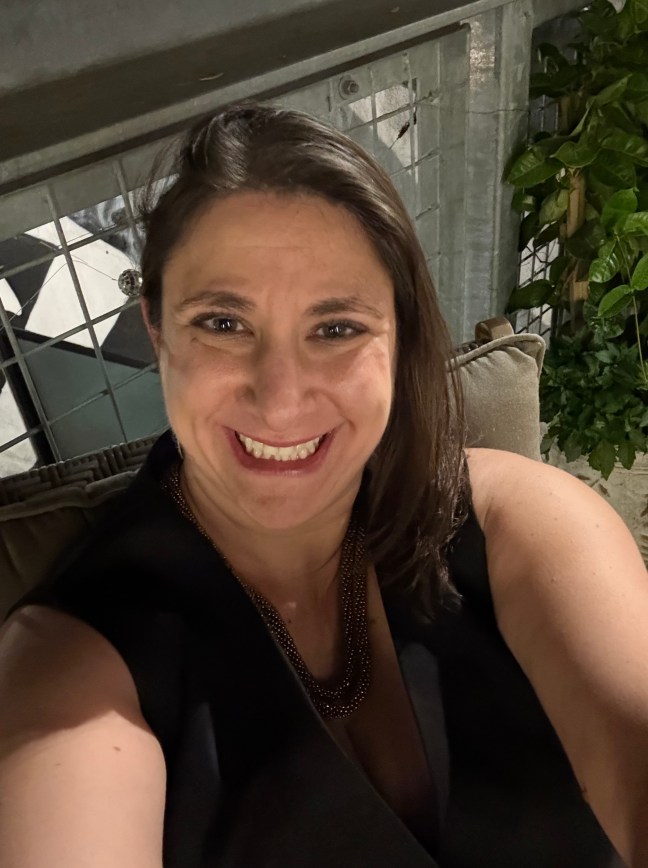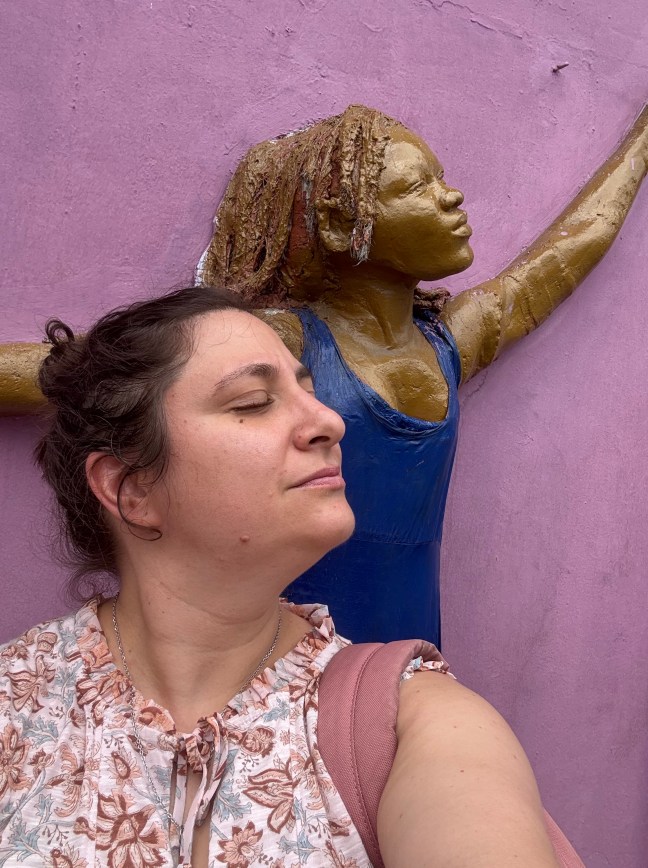“Redefining Justice” published in the Georgetown Journal of International Affairs
Thank you to the GJIA editors for soliciting this piece, where I reflect on my research about genocide memory, justice, and meaning-making and share some policy implications and considerations for post-genocide societies.
“Understanding Genocide: Memorialization,” an educational conversation hosted by PEARL
Lessons from the UN peacekeeping mission in Rwanda, 25 years after the genocide it failed to stop
Thank you to The Conversation, The National Interest, and over 20 community newspapers for disseminating this piece.
Lessons from the UN peacekeeping mission in Rwanda, 25 years after the genocide it failed to stop
Announcing the 2019-2020 Graduate Research Fellows, Program on Negotiation at Harvard Law School
I am pleased to announce that I will spend the 2019-2020 academic year in residence at the Program on Negotiation at Harvard Law School to complete my dissertation. Please feel free to get in touch for more information about my project on stakeholder negations and transitional justice in the immediate aftermath of violence, atrocity crimes, and genocide.
Harvard Law School’s announcement can be found here:
PON Graduate Research Fellows 2019-2020


New publication in “Genocide Studies and Prevention: An International Journal”
Article link below.
Abstract
Peace and stability have been core challenges in the Great Lakes Region of Africa since the years of independence from European nations. State building processes have been ridden by ongoing violence, characterized by two-sided or multi-party violence perpetrated by militias, national militaries, rogue groups, and even local civilians. The international system has prioritized peace accords and negotiation processes when parties in conflict decide to move past the violence, either required by external actors, or based on the instability of the situation on the ground. When warring parties and international actors sign peace accords to end conflict in an attempt to begin political dialogue, they often reinforce the international legal assumption that these negotiations will bring about positive change, including peace and stability. The cases of Rwanda and Burundi are complicated, with social, historical, political, ideological, and economic factors leading to violence on the ground. The Arusha Accords of 1993 in Rwanda and of 2000 in Burundi were followed only by short-term stability, with an eventual return to conflict. This study examines the effects of the Arusha Peace Accords signed prior to the 1994 genocide in Rwanda, and the Arusha Accords of 2000, which ended 12 years of civil war in Burundi. As shown in this paper and through our research, peace negotiations and peace processes take place in an unideal situation, yet in order for future peace to be achieved they must be attempted. The failure of Arusha in Rwanda and in Burundi show some of the complexities and challenges faced in these two case studies, and analyze why there was a return to violence in each case.
New Book Published! “Heroines of Vichy France: Rescuing French Jews during the Holocaust”
In 2011-2012, I had a Fulbright Scholarship to Switzerland that opened my world to victim-based testimony, and to documenting lesser known stories of atrocity and resilience. I am pleased to share that I have published my first book, co-authored with the amazing scholar Paul Bartrop. “Heroines of Vichy France” can be purchased on amazon, here: https://www.amazon.com/Heroines-Vichy-France-Re…/…/ref=nodl_ or through the publisher, Praeger. Thank you to all, read and enjoy our story!
World History Workshop, University of Cambridge, UK

Please join me for my presentation at the University of Cambridge in the UK!
7 March Location: Room 5, Study Centre, Jesus College
“Cultures of Memory and Meaning in Tradition and Post-Genocide Rwanda”
Samantha Lakin (Strassler Center for Holocaust and Genocide Studies, Clark University)
https://www.hist.cam.ac.uk/graduate-students/training/workshops/world-history
Walter Rodney Seminar Series, @ Boston University African Studies Center, Monday February 11, 2019
Please join me as I present preliminary dissertation findings
WALTER RODNEY LECTURE SERIES
Boston University African Studies Center
Kwibuka: Divergent Memory and the Quest for Justice in Post-Genocide Rwanda
12:15 – 2:00pm
February 11, 2019
William O. Brown Seminar Room (5th Floor)
Room 505, 232 Bay State Rd., Boston, MA
All are welcome!
Reflections on 2018, 2019 Preview
Dear Friends and Colleagues,
As we turn the page on 2018 and begin 2019, I am excited to continue diving deep into my research and writing my dissertation, analyzing issues of the construction of victimhood in post-genocide Rwanda, writing an ethnography of kwibuka (commemoration), and looking at historical and current issues of peace and justice as represented through memorial spaces.
I want to also reflect on a few key accomplishments, and especially thank those who have helped me reach these goals.
- I was one of the emerging scholars awarded the 2018 Royal Air Maroc Student Travel Award from the African Studies Association. I thank Tim Longman, Erin Jessee, Jennie Burnet, Yolande Bouka, and Catharine Newbury for their support, specifically within the ASA.
- At the ASA, we also had the space to reflect on the legacy of my late professor Lee Ann Fujii. It was not easy, but I was thankful to have been able to compose my thoughts and share the ways in which Lee Ann impacted students like me. Her loss leaves a huge hole in my heart. I am thankful that other scholars and mentors have slowly been filling that Lee Ann sized hole.
- I am pleased to announce that I received the Next Generation Award from Harvard Law School’s Program on Negotiation (PON) for research titled “Convening Justice: A Comparative Study of Stakeholder Negotiations on Transitional Justice Policy in Rwanda and the African Union.” Please stay tuned for more information on this research!
- I thank Mr. Adama Dieng, the Special Adviser for the Prevention of Genocide, for his continued support and guidance during my dissertation writing process.
- I thank Dr. Eric Ndushabandi, the Director of the Institute of Research and Dialogue for Peace in Rwanda, for his continued partnership.
Happy New Year to everyone, may we all know joy, happiness, and satisfaction from our efforts. We are not obliged to finish the work, nor are we free from ignoring it.
Samantha
_______________________________________________________________________________
I am also excited to announce the following presentations in 2019:
February 4, 2019, Yale University’s Genocide Studies Program
“Peace and Compromise, Idealism and Constraint: The Case of the Arusha Peace Accords in Rwanda and Burundi”
Location and Time TBD
February 11, 2019, Walter Rodney Seminar Series at Boston University
African Studies Center, 232 Bay State Road, Room 505 12:15pm to 2pm
March 7, 2019, World History Workshop, University of Cambridge, UK
“Cultures of Memory and Meaning in Tradition and Post-Genocide Rwanda”
14:30 to 16:30, Old Divinity School, University of Cambridge (Sir Arthur Quiller Couch Room of St. John’s College Cambridge)











